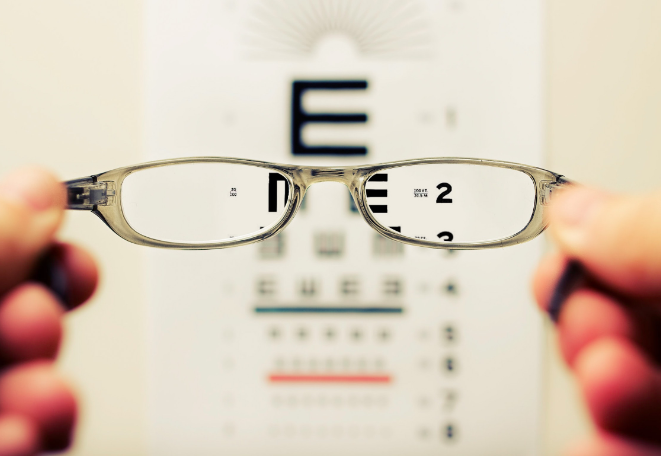
Hyperopia (Farsightedness)
What is hyperopia?
It is farsightedness and is a visual condition in which distant objects are easier to see than near objects.
Why does hyperopia occur?
If the length of your eyeball is too short or the cornea has too little curvature, near objects require more focusing effort in order to be brought into clear focus on the retina. Hyperopia may be hereditary or it may result from environmental factors.
How does hyperopia affect vision?
If you are farsighted, you involuntarily exert extra effort to maintain clear distance vision and even greater effort to see objects up close. This extra effort can cause fatigue, tension, discomfort and headaches. If the crystalline lens of the eye cannot bring the object into focus, blurred vision occurs.
How common is hyperopia?
Many people have some degree of hyperopia without knowing it. The condition may only become a problem if it significantly affects a person’s ability to see. However, symptoms can be avoided by seeing your optometrist regularly to assess your refractive error and prescribe glasses to correct the problem.
It is estimated over half the people who wear glasses are wearing them because of a focusing problem due to hyperopia or presbyopia (a natural decrease in focusing ability that occurs with age).
What are the signs/symptoms of hyperopia?
Common signs and symptoms of hyperopia include:
- Difficulty concentrating and maintaining a clear focus on near objects
- Blurred vision
- Eye strain
- Fatigue and/or headaches after close work
- Aching or burning eyes,
- Poor reading ability
- General tension
How is hyperopia detected?
Farsightedness can be effectively diagnosed during a comprehensive optometric examination. Sight testing and common vision screenings, often done in schools, are generally ineffective in detecting people with hyperopia. This is because individuals with hperopia can identify the letters on an eye chart at a distance with little difficulty.
How is hyperopia treated?
In mild cases, your eyes may be able to compensate adequately without the need for corrective lenses for distance. Although glasses for reading and computer use may be indicated. In more severe cases, your optometrist may recommend glasses or contact lenses for full-time wear. For appropriate candidates, laser surgery can be considered.
How will hyperopia affect my lifestyle?
If glasses or contact lenses are prescribed, it may take a few days to adjust to them. After that, farsightedness will probably not significantly affect your lifestyle.
Myopia (Nearsightedness)
What is myopia?
It is nearsightedness: a visual condition where near objects may be seen clearly, but distant objects do not come into proper focus.
Why does myopia occur?
When your eyeball is too long or the cornea has too much curvature, it causes light rays to focus at a point in front of the retina rather than directly on its surface. Myopia may be hereditary or it may occur spontaneously. New research suggests, however, that spending too much time indoors during childhood is a risk factor for developing myopia.
How common is myopia?
Myopia is a common visual condition that affects nearly 30 per cent of the Canadian population. It normally starts during childhood and continues to increase until the individual reaches their 20s.
Will I have to wear glasses?
If needed, your optometrist will prescribe corrective lenses for you. You may only need them for certain activities that require seeing from a distance, while others will need them full time.
Will glasses or contact lenses cure myopia?
Eyeglasses or contact lenses optically correct the problem by altering the way the image enters your eyes, but they do not cure myopia. At present there are no proven cures for nearsightedness. Surgical procedures such as LASIK, PRK or SBK, and/or lens implants may eliminate your need for glasses or contact lenses.
How is myopia diagnosed?
People with myopia will often have trouble seeing the whiteboard, the movie screen, the television set or other distant objects. When your optometrist gives you a comprehensive eye examination, he or she will include tests to determine whether or not you need a prescription for myopia.
How will myopia affect my lifestyle?
If glasses or contact lenses are prescribed, it may take up to two weeks to adjust to seeing clearly with them. Some people with myopia may find they are restricted from some occupations (for example, police officers or fire fighters), due to their inability to see properly if their glasses fall off. In these cases, laser surgery may be useful. Contact lenses are very helpful for correcting nearsightedness and are ideal for people with more active lifestyles.